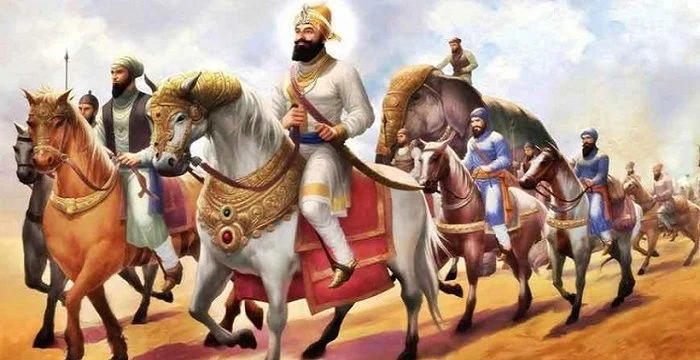28 Jeth
On the 28th day of the month of Jeth, Sikhs commemorate the Gurgaddi (enthronement) of Sri Guru Hargobind Sahib Ji. Guru Hargobind Sahib Ji was the sixth of the ten Sikh Gurus and is known for his significant contributions to Sikhism, particularly in terms of military leadership and the establishment of the Akal Takht, the temporal seat of Sikh authority.
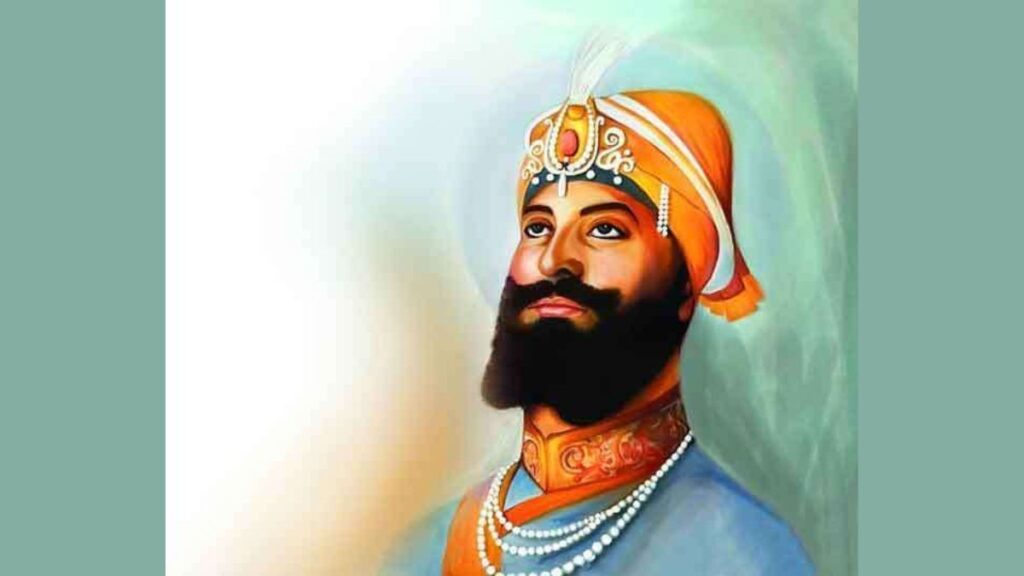
In 1606, Guru Hargobind Sahib Ji took over as the Sikhs’ Guru after his father, Guru Arjan Dev Ji. The concept of Miri-Piri, which denotes the fusion of temporal and spiritual authority, is credited to him as a pioneer. The Sikh community started using martial arts under his direction in order to protect itself against injustice and persecution.
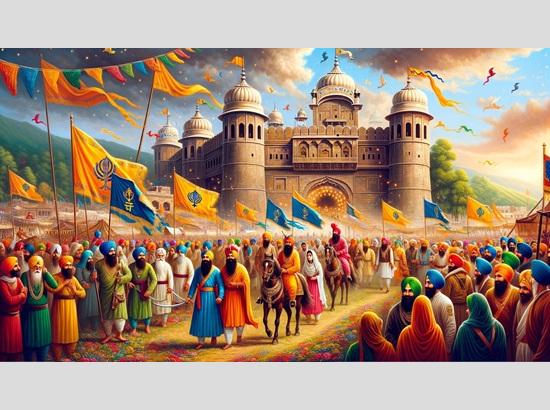
The Gurgaddi Diwas of Guru Hargobind Sahib Ji is celebrated with great fervor among Sikhs, who gather in gurdwaras (Sikh temples) to offer prayers, listen to hymns, and reflect on the teachings and legacy of Guru Hargobind Sahib Ji. This day serves as a reminder of the valor, wisdom, and compassion of Guru Hargobind Sahib Ji, inspiring Sikhs to uphold the principles of justice, righteousness, and the defense of truth.
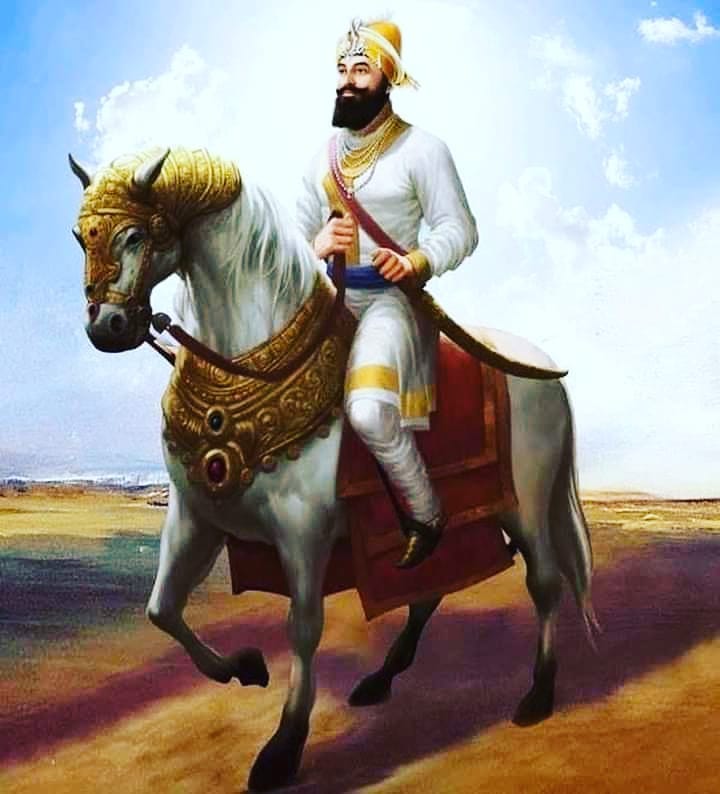
Military Leadership
Guru Hargobind Sahib Ji is often referred to as the “soldier saint” due to his role in organizing armed resistance against the Mughal persecution faced by the Sikhs during his time. He established a trained force of Sikh warriors known as the Akalis or the “Immortals” and led them in battles to protect the Sikh community and uphold their rights to practice their faith freely.
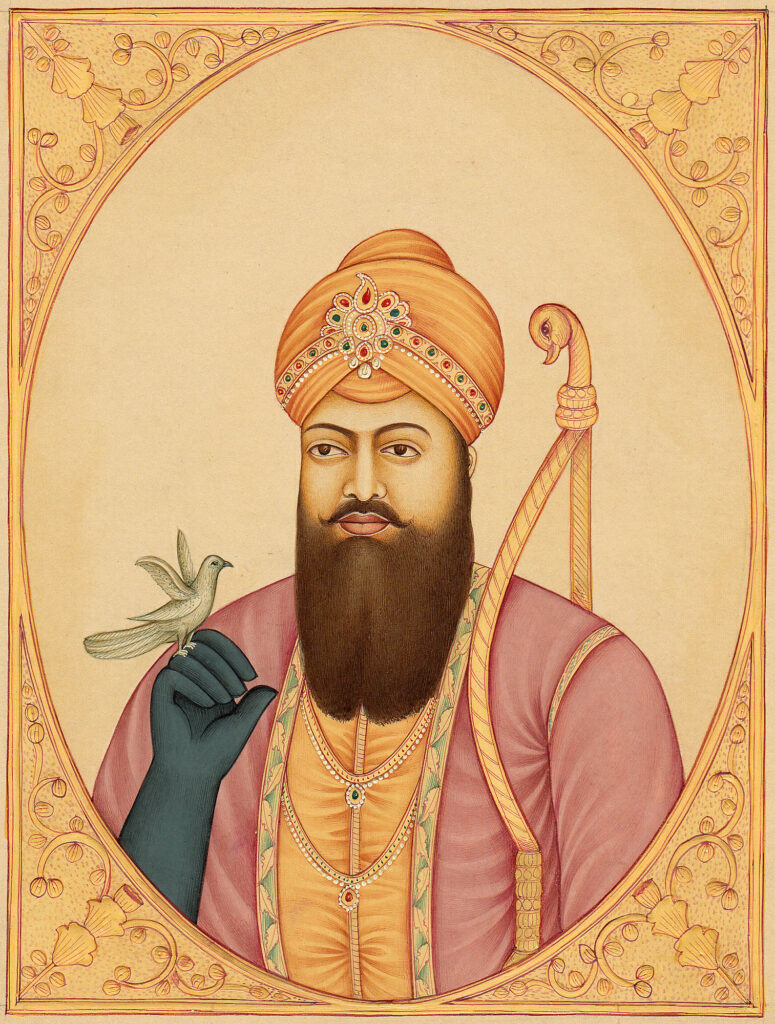
Construction of Akal Takht
The Akal Takht also known as the Eternal Throne or the Throne of the Timeless One was established by Guru Hargobind Sahib Ji. Located across from the Golden Temple or Harmandir Sahib in Amritsar Punjab this structure represents the Historical domain of the Sikhs. It serves as focal point for meetings consultation and debates about important matters pertaining to the Sikh Panth community.
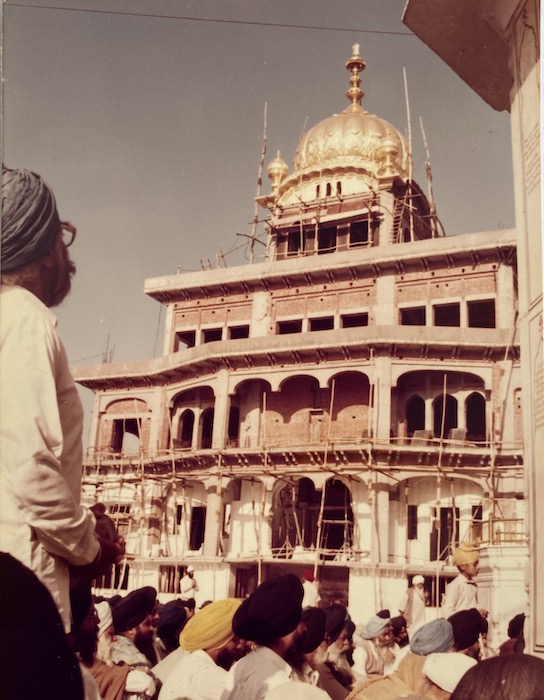
Spiritual Teachings
Alongside his military endeavors, Guru Hargobind Sahib Ji emphasized the importance of spirituality and moral values. He continued the tradition of composing hymns (shabads) and encouraged Sikhs to meditate on the divine Name (Naam Simran) and lead a life of righteousness and service to others.
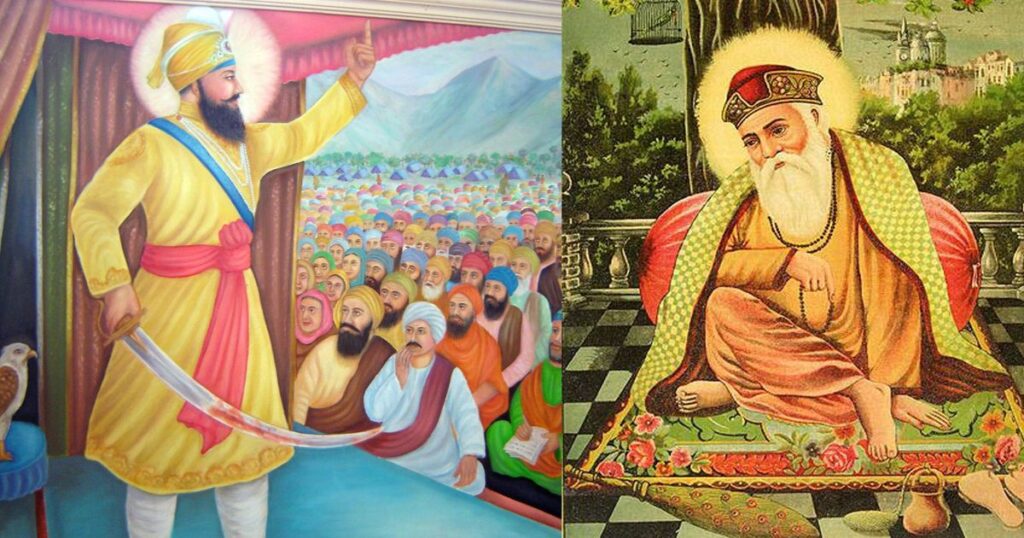
Promotion of Interfaith Dialogue
Guru Hargobind Sahib Ji promoted interfaith dialogue and harmony. He maintained cordial relations with Hindu and Muslim leaders of his time, fostering an atmosphere of religious tolerance and understanding.

Imprisonment and Release
Guru Hargobind Sahib Ji was imprisoned by the Mughal authorities for a period of time in Gwalior Fort along with other Sikh political prisoners. However, his compassion and righteousness eventually led to his release, along with 52 Rajput princes, as a gesture of goodwill by Emperor Jahangir.
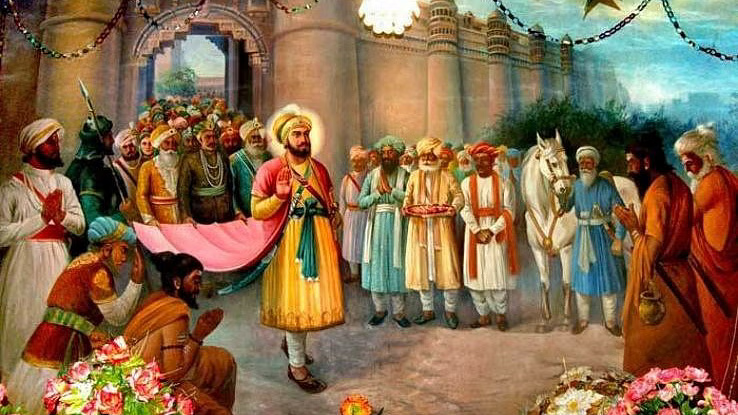
Overall, Guru Hargobind Sahib Ji’s life and teachings continue to inspire millions of Sikhs around the world, serving as a beacon of courage, resilience, and spiritual enlightenment.
